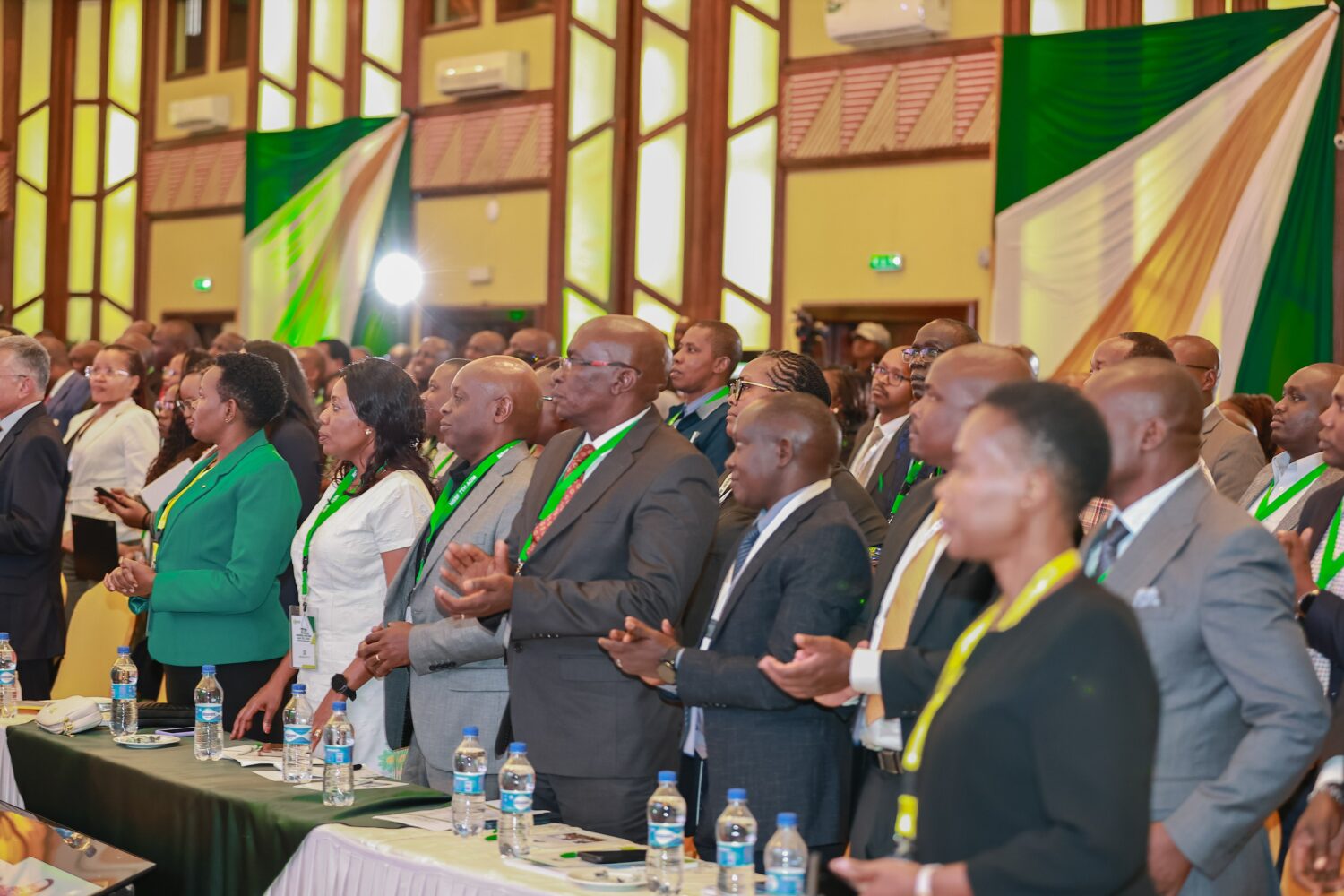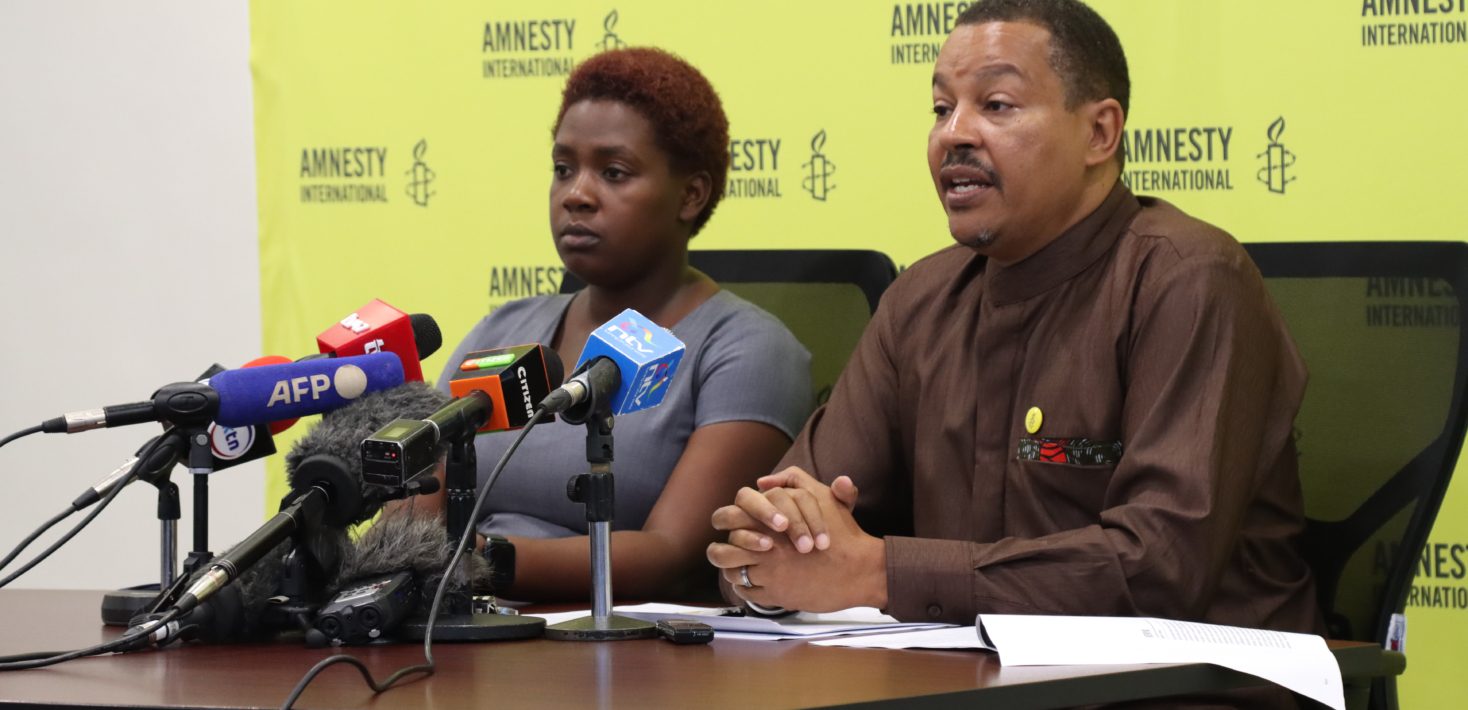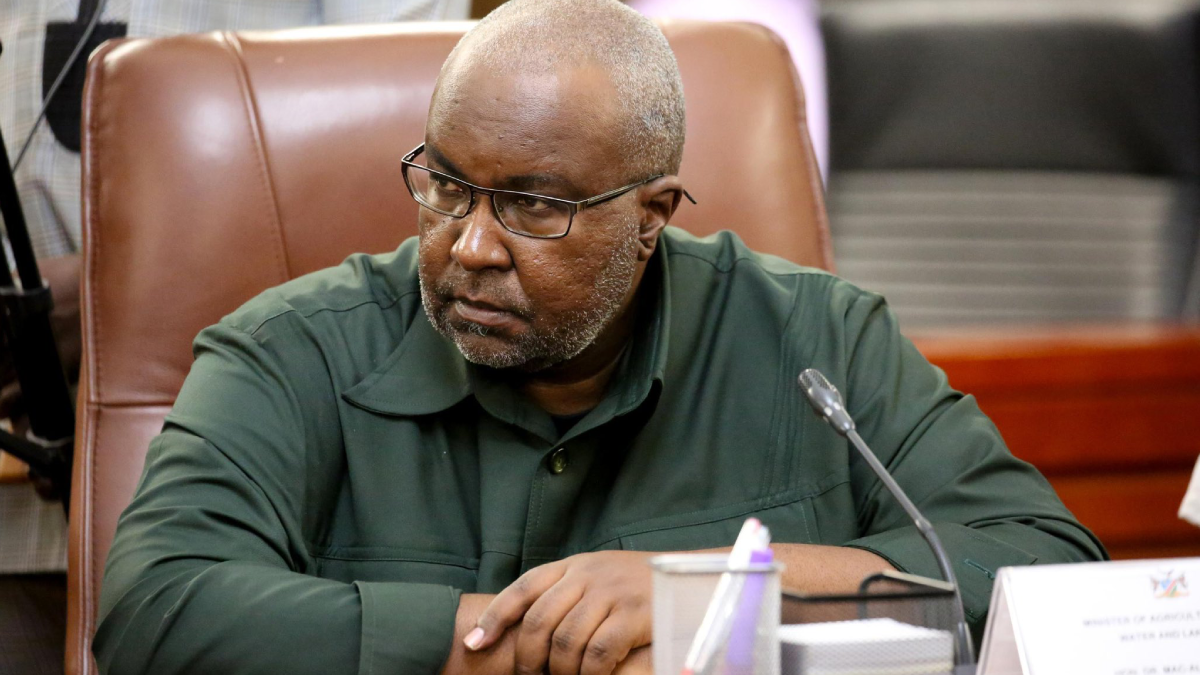The persistent and frequent nationwide power outages plaguing Kenya have undoubtedly sparked concern and frustration among citizens.
The recent occurrence on Sunday night marks the fourth significant blackout in a year, raising critical questions about the nation’s infrastructure reliability and governmental accountability.
These recurrent disruptions not only inconvenience daily life but also pose severe implications for essential services and economic activities.
The prolonged outages, lasting up to ten hours in some regions, disrupt businesses, compromise healthcare facilities, and even impact vital entry points like the Jomo Kenyatta International Airport.
The failure to safeguard such crucial infrastructure despite repeated assurances from government officials is deeply troubling.
The statements made by cabinet secretaries seemingly normalizing, or attempting to explain away, these outages not only undermine the severity of the issue but also reflect an alarming acceptance of substandard service delivery.
The recurring disruptions at JKIA, despite promises of robust contingency plans, cast doubt on the competence and effectiveness of those tasked with ensuring reliable emergency systems.
The failure to prevent disruptions at such a vital entry point questions the capability and efficiency of those in positions of responsibility.
The citizens’ call for accountability is justified. It is unacceptable to downplay these outages or overlook their implications on daily life, critical services, and the nation’s image.
Kenya cannot afford to normalize mediocrity or tolerate a decline in standards. Those responsible must be held accountable and immediate steps should be taken to rectify the situation and prevent future occurrences.
If those entrusted with safeguarding critical infrastructure cannot deliver on their duties, there must be a change in leadership to ensure competence, accountability, and the restoration of public trust.
Copy by Fred Indimuli- host Morning Cafe show










